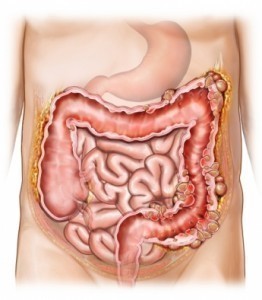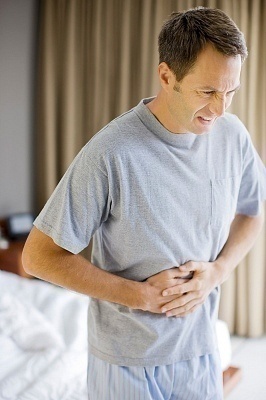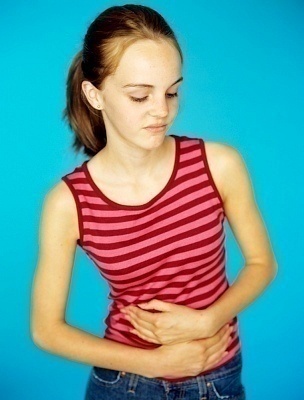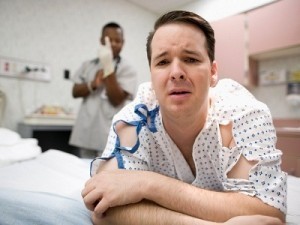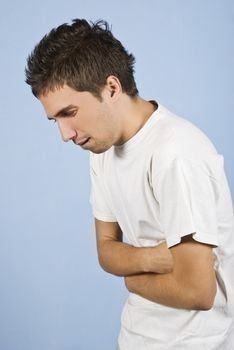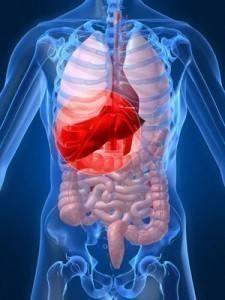Diverticulitis Symptoms
Diverticulitis is a severe medical condition affecting the large intestine or colon. This digestive disease happens when there is an infection or inflammation of the diverticula or the formation of pouches. This can eventually result to abdominal pain. Early signs of the disease include diarrhea, constipation and abdominal tenderness. Help fight the major and minor diverticulitis symptoms by knowing the different diagnostic procedures and treatments for this serious medical problem.
Signs of Diverticulitis
The major signs of this digestive disease include vomiting, nausea and fever. At the same time, patients can feel a sharp, severe and sudden pain somewhere along the lower left side of the abdominal area. Early on, the pain is somewhat mild, but it can eventually get worse as time goes by. The intensity of the pain associated with this disease is somewhat fluctuating. Patients may experience a change in bowel habits. In addition to these major symptoms, it is also possible for them to exhibit minor signs like bleeding from the rectum and bloating.
Diverticulitis Diagnosis
It is best to diagnose diverticulitis in the event of an acute attack. It is highly important for patients to undergo a series of diagnostic tests and procedures in order to rule out the possibility of other diseases and medical conditions like irritable bowel syndrome, pelvic inflammatory disease and appendicitis. Physicians will usually perform physical exams on their patients, wherein they will check the abdominal area for tenderness.
After that, they will get a blood sample in order to check the count of white blood cells in patients. With the use of this specific method, it is also possible for doctors to determine the presence of infection. The use of imaging tests can also help, particularly a CT scan for the visualization of infected or inflamed pouches in the large intestine or colon. In some cases, computer-directed x-rays are helpful in providing comprehensive view of internal organs.
Diverticulitis Treatment
For patients with mild cases, it is important to eat low-fiber diet and drink plenty of fluids. Physicians may also recommend them to take antibiotics to help treat infection and inflammation. For those suffering from moderate to severe pain, the use of over-the-counter pain relievers can significantly help ease the pain and discomfort of patients. One of the most trusted pain medications today is acetaminophen, which is a highly effective drug with simple side effects like constipation.
Surgical procedures are needed for severe cases, especially if there is a development of fistula, abscess and perforation. The top options for doctors to perform on diverticulitis patients are abscess drainage, bowel resection with colostomy and primary bowel resection.
